Self-doubt and imposter syndrome have stopped far too many talented folks from going for their goals and reaching their true potential. Our hope is to host conversations that inspire folks to overcome imposter syndrome and help others as well.
Justin Winstead

Overcoming imposter syndrome is an almost daily challenge. I constantly guard against feelings of inadequacy, doubt, and insecurity; otherwise, I will become complacent and not reach my potential. For me, the most powerful antidote to battle imposter syndrome is gratitude. When I take time to reflect on the gains, celebrate wins, and show thanks for whatever is good in life and business, the internal voices of negativity and fear are quieted. Read more>>
Yuvraj Singh

Overcoming imposter syndrome has been a significant part of my journey. It’s something many artists and professionals face, especially when entering a highly competitive field like music production. For me, the key was a combination of self-reflection, seeking feedback, and continuous learning. Read more>>
Jonathan David Bullock

Imposter Syndrome is definitely something that affects the VoiceOver community a lot. As a VO Talent for over 13 years now, that’s something I’ve dealt with, as well as seen my comrades struggle with. It can be crushing and devastating. Read more>>
Kimberly Johnson

I believe that even the most successful business owners deal with a form of imposter syndrome, and to be honest? I sometimes do too. However, with being in a career that is a literal art form, it is subjective. You create to your personal style, and you will find clients who either love it or hate it. Read more>>
Romy Turner

Imposter syndrome is interesting, because I think everyone experiences it in some way, especially in this industry, but everyone will experience it in different ways. For me, it can be both a blessing and a curse. I think a healthy dose of reality and grounding is so, so helpful and allows you to keep some perspective and reminds me just how amazing the things I am doing are; Read more>>
Lydia Kim
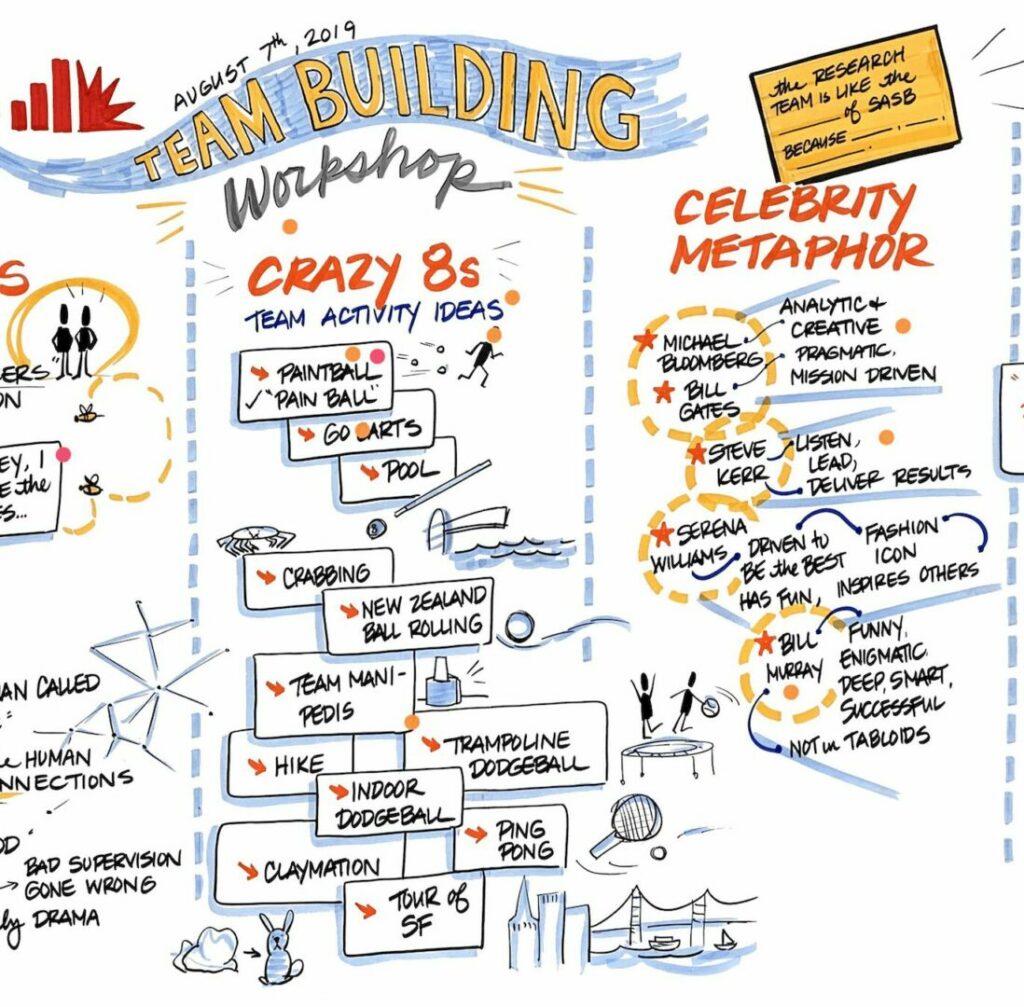
For paid work, I do brand and business strategy, write a lot of creative briefs, etc. It’s the most fun when a brand wants help telling a story, about its origins, next chapters, fumbles and amends, innovations or vision. Even the most storied brands often want a new way of talking about themselves, and thinking of creative ways to exist in the world is a good challenge. Are they reflecting culture or leading it? Read more>>
Katharine Donovan Kane
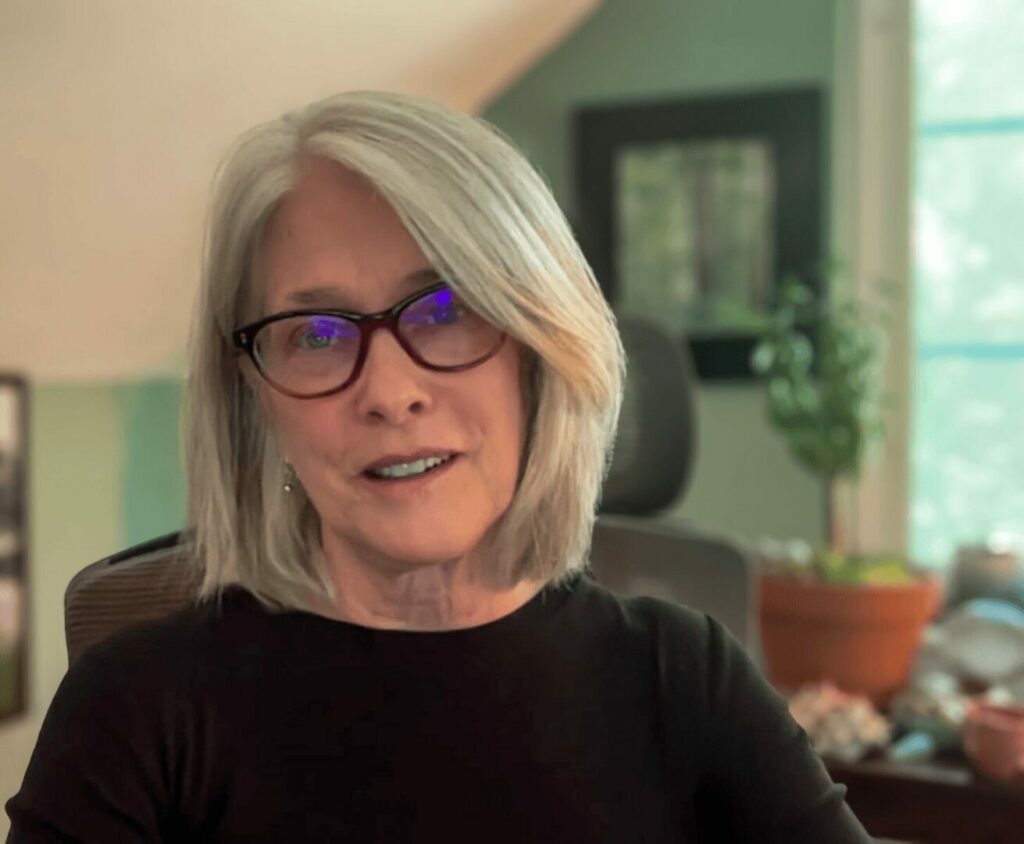
e thing I’ve learned is to step back and take a good look at who I am. I’ve spent time (and continue to do the inner work) to honestly assess which of my thoughts are truly my own and which were passed down to me consciously or unconsciously. When self-doubts and fears emerge, especially “I’m not good enough” or “What if they see I’m really a fraud and undeserving,” Read more>>
Savannah Simerly
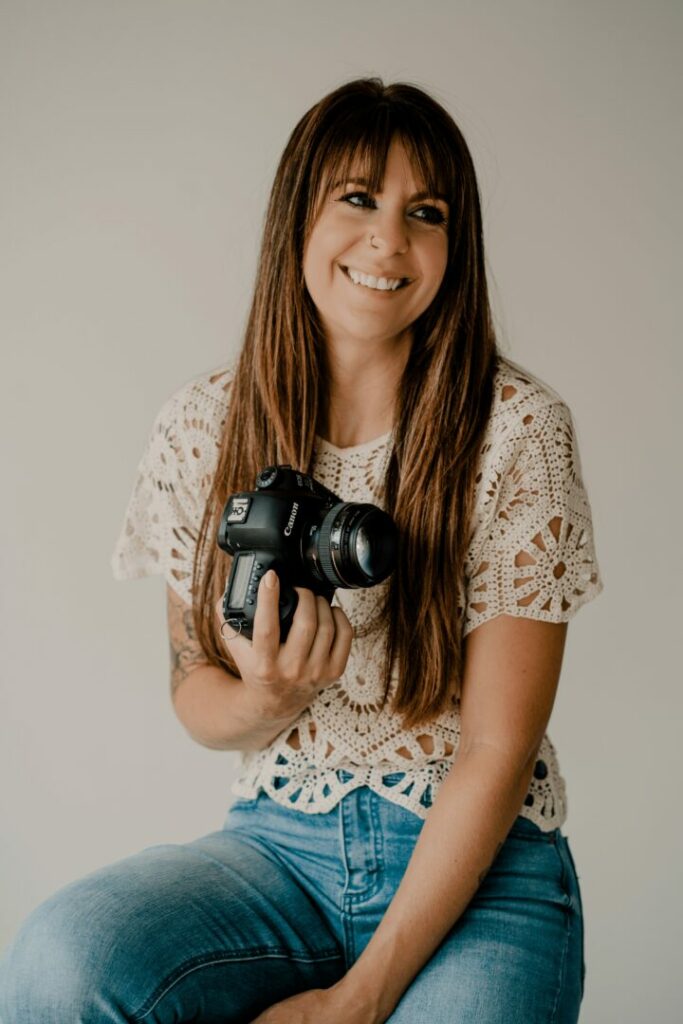
First of all, Imposter Syndrome happens to everyone; even the most seasoned professionals. Realizing that fact helps. Secondly: taking a break from social media. As creatives, we follow a plethora of other talented creatives and most of us are on social media daily, which can be overwhelming. Read more>>
Ido Bartana

Imposter syndrome and “fake it until you make it” are terms I try not to use. They don’t fit how I see professional progression. I know that being the new guy is intimidating but you either do or you don’t. No one starts out with years experience. Read more>>
Laura Eigel

As a child, I was a straight A student. Good grades were rewarded with praise and sometimes even a five dollar bill in our family. Getting good grades was one of they ways I got attention, as the third of four kids. Even with consistent good grades, I always compared myself to others. Comparing my grades to the grades of smarter kids in m honors classes. Read more>>
Gloria Lewis
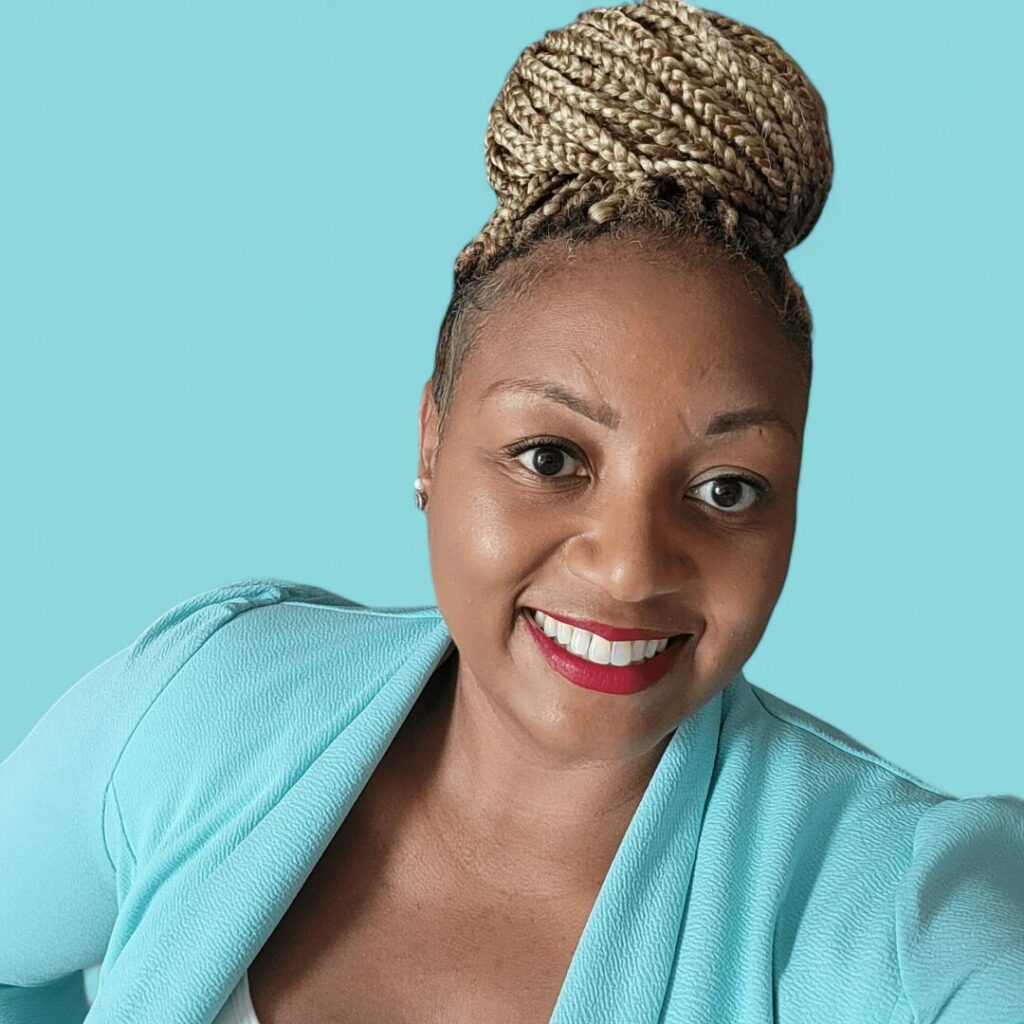
First, let me start by saying that openly discussing this topic forces me to let people see my vulnerable side, which I don’t do too often, lol! It’s both frightening and healing for me at the same time. I often struggle with imposter syndrome, and I feel unworthy or that I don’t deserve the successes or achievements that I have received. Read more>>
Dr. Cameron Martin

In my early career, I was a high school business teacher and I was planning to become a school principal. I earned my MBA and a second masters degree in school leadership. At the time, my plan looked like a pretty straightforward career path. But when I decided to study for my PhD in Leadership Studies, everything changed. Read more>>
Linda Helisto

It was February 2020, and my husband and I had just sold our belongings in our home country, Finland followed our dreams and moved into a tiny RV on a small island just outside Vancouver. Little did we know that two weeks into settling into Canada and starting over our lives would, a global pandemic change the world as we knew it. Read more>>
Jenna Richardson
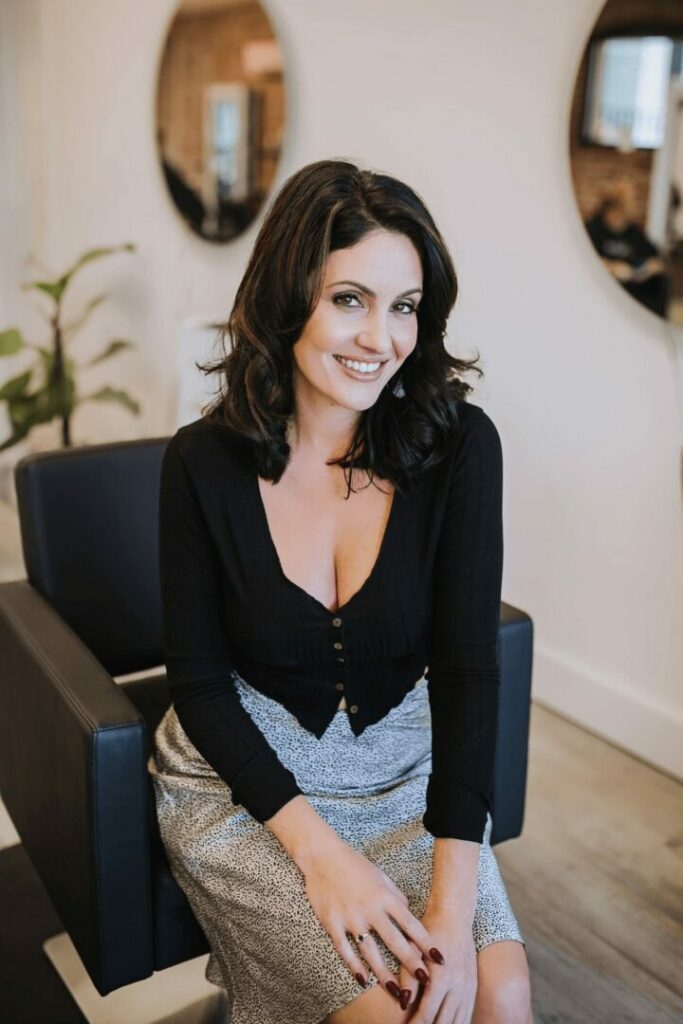
I feel like everyone who takes a chance in something experiences imposter syndrome because you only know what you know! I realized very early on in this career that I could only “fake it till I make it” for so long before I would need to invest in myself, my education, attack my goals head on and also take accountability for what I don’t know. Read more>>
Desh Please

I think in a way we all face a bit of imposter syndrome. For me, I have a tendency to overthink or psych myself out over things so the best way I overcome this is just by doing. I could spend months perfecting something in my head to death but that puts so much pressure on executing the actual idea it often never gets done. Read more>>
Stephanie Michaud

Despite the relatively quick online success that I’ve achieved for “AstroKnotty” as a fiber artist, I often have dueling thoughts and emotions. Especially in an overly saturated crochet market, I have doubts how I could be special or different. There are times when I’m convinced my success was just luck or good timing with the algorithm. Read more>>
Cyndi Maurer
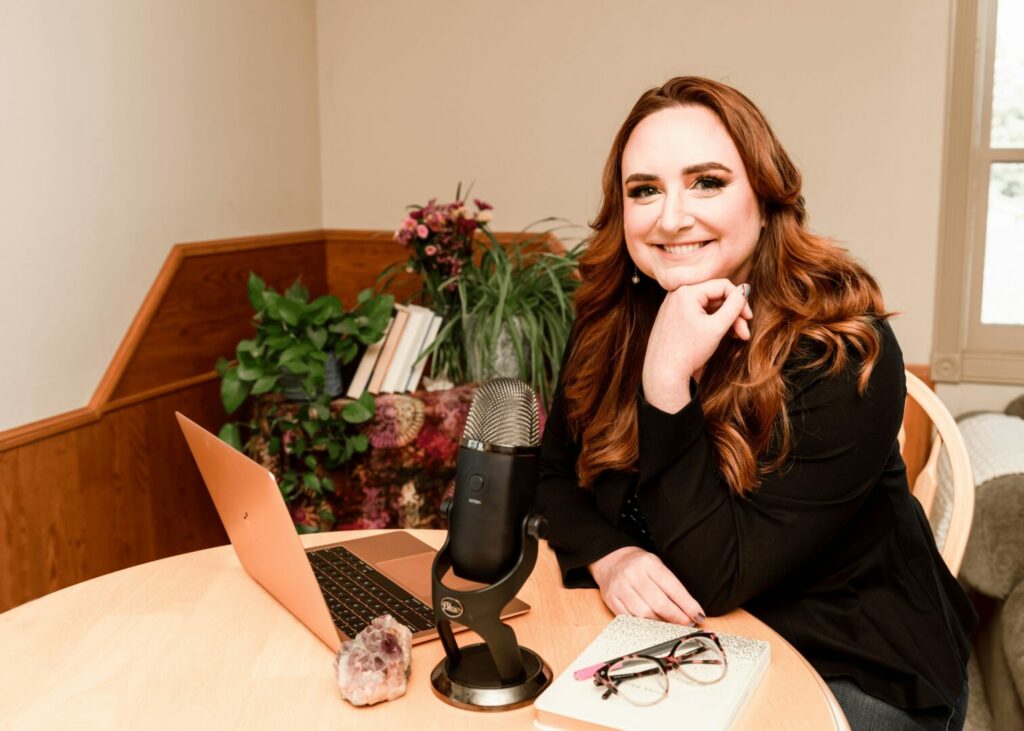
’m not sure anyone truly overcomes imposter syndrome; I think it just gets quieter over time.
My first confrontation with imposter syndrome was in grad school. Weirdly it was in the classroom with my peers that I felt most like an imposter; never at a conference & never teaching. At first, I’d own it & ask questions, but it quickly became clear there was a larger game at play. Read more>>
Jerame Mudick

The hardest part of overcoming imposter syndrome is first acknowledging that you have it. It often takes open conversation about your current struggles and having a good listener nearby. I just assumed the way I felt was normal. I felt undeserving of all that I had achieved because of the hidden beliefs I have lived with. Read more>>
Mandy Kaiser

I’ve had a version of imposter syndrome in many aspects of my life, in my career and otherwise. Like many women, I was socialized to believe that other people have more expertise and knowledge than me, and that I should probably defer to them. I fell into the pattern of signing up for courses and continuing to get more training in order to try to feel more confident in what I was doing. Read more>>
Arpita Legha

Short answer: I have not…yet! Imposter syndrome is still something I manage daily. Growing up in an Indian family, there was a huge push towards science or medicine careers, so choosing to practice law made me feel like I was swimming against the tide. Read more>>
Jeremy Pelley
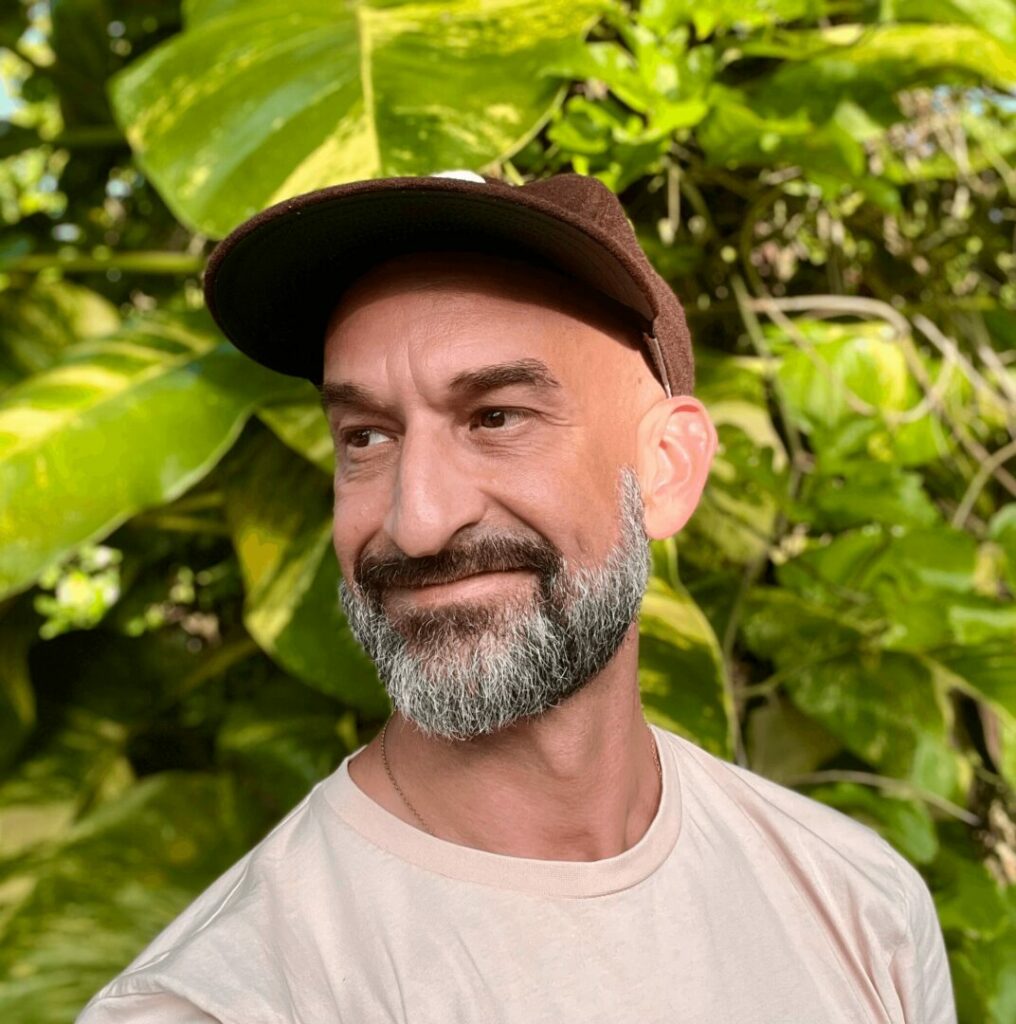
Buddha said, “What we think, we become.” Centuries later, author Kurt Vonnegut similarly said, “You become who you pretend to be.” So, given this, is the Buddha actually Buddha, or is he an imposter, pretending to be Buddha? Is Vonnegut a famous author, or is he an imposter, pretending to be one? Does it matter? Read more>>
Jen Hutchinson
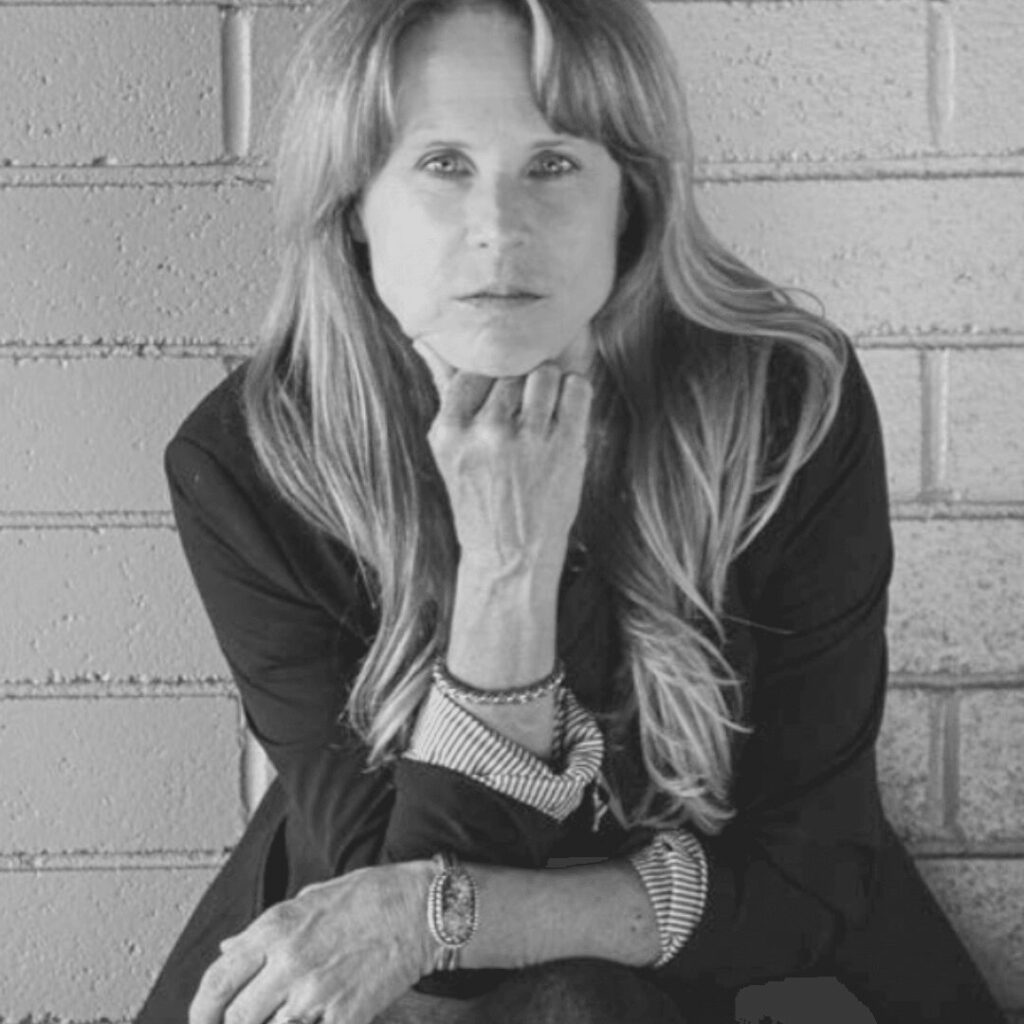
When I became the CFO of a $35M Company, just before I turned 40, I was putting in 70 hours a week. And the painful memory that still comes up for me, was that in truth 50 or so of those hours were work, and 20 hours were spent second guessing myself, living with panic attack levels of fear, worrying that I wasn’t good enough, and waiting for someone to ‘find me out’. Read more>>
Theresa Ogueri

I don’t think imposter syndrome is something that you completely get over. You can master your emotions and overcome it at a certain level, but with every new level its easy to find those feelings of inadequacy rise up again. Read more>>
Peyton Moffitt

I never understood imposter syndrome when I was younger but as i’ve gotten older, I’ve realized how common it is as you enter the professional work force. Sometimes it felt like I wasn’t old enough to be in this position but as I started to network more, I found out that I knew more than some agents twice my age. Read more>>
Jake Alcoseba

I feel like although I’ve made strides to overcome, there is always a remnance of it. What helps me to reaffirm myself and my skills are my customers. Seeing my customers enjoying their dishes, their positive feedback, and the customers who return, that really pushes me forward in my business. Read more>>
Calista Graaff
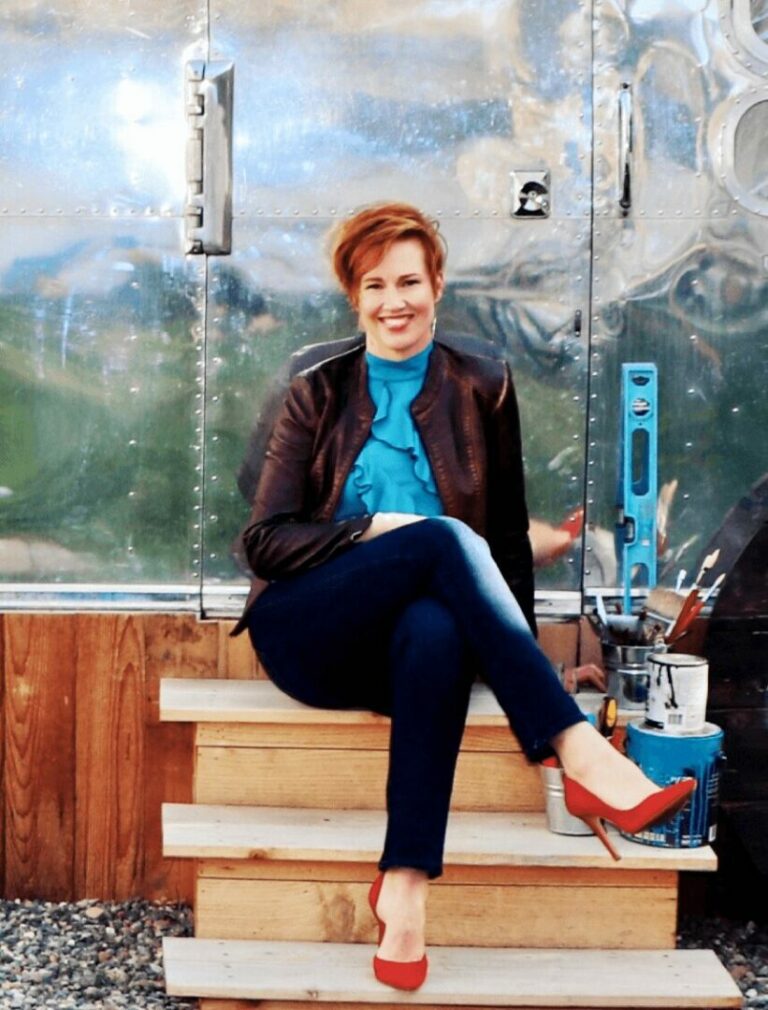
Imposter syndrome isn’t something that will just “go away”, but it can be managed. I make an effort to put myself in situations that will challenge my inclination to feel like an imposter. Situations such as juried art shows where I am shoulder to shoulder with fellow artists that have made the cut to be in the show gives me evidence that my abilities as an artist are appreciated by the art world. Read more>>
Marissa Levin

I chose this question because I want to create a reframing around the concept of impostor syndrome. As someone who has evolved many times along my professional journey, and who has experienced the shedding of multiple roles & identities through my personal & professional life experiences, my wisdom around impostor syndrome is this: Read more>>
Keisha Robinson

A few years ago, I found myself in a pivotal moment of my career. I had just launched Kay Cole Enterprises and was working with high-performing entrepreneurs and CEOs, helping them refine their business etiquette and enhance their customer experience. Read more>>
Taylor Falls

To be honest, imposter syndrome is something that I am still in the process of overcoming. Working in the tech space where the number of people who look like me is few and far between, there are often days when I ask myself how I even got here. Read more>>
Lex Kilgour

Honestly, I’m not sure I have! And, in small doses, I’m okay with it. Have you watched Reshma Saujani’s speech to the 2023 class of Smith College? She’ll tell you that “imposter syndrome” isn’t real – it’s just a scheme designed to hold us back. And hold us back it does! I definitely go through bouts of feeling like my work doesn’t measure up; Read more>>
Tiffany Brown

Imposter syndrome is much more common than we think. I was so close to giving up many times because I believed that I was not good enough, nor equipped or worthy enough to empower others. This is a mindset that was trying to keep me in bondage. Thankfully, my Heavenly Father said differently. Read more>>
Andrew Wong

Imposter syndrome is real. I used to crave those “likes” and praises in the comments, as if I needed them as recognition and essentially a scoreboard for the work I’d made. But I found it very helpful to think about making art just like writing in my journal—there’s no one on earth who can judge whether it’s good or bad. It simply doesn’t matter. Read more>>
Carla Cherry

An imposter pretends to be something they are not, and my life’s work is authenthic. It is hard to avoid comparing ourselves to other people in this capitalistic, materialistic culture, but I taught myself to stop. Instead, I am joyful about the accomplishments of family, friends, and people I admire. Read more>>
Raehanna Evans
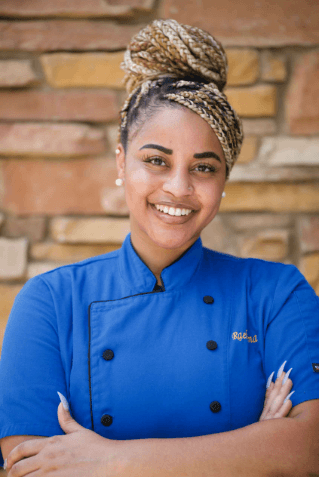
Imposter Syndrome can be the thief of Joy if you allow it to be. I overcame this feeling by deciding to enroll in culinary school. As a child, I always enjoyed cooking In Da’ Kitchen with my loved ones. Cooking gives me a sense of peace and pride knowing I put a smile on everyone’s faces with something I created. Read more>>
Emily Kutt

Imposter syndrome has been, by far, the biggest obstacle I have faced as a small business owner. Being in the wedding planning industry, I am naturally a perfectionist! If left unchecked, this creates a breeding ground for self doubt and the self inflicted pressure to achieve perfection in every area of my business instead of experiencing natural growth and steady experience. Read more>>
Shawn Richardz

Imposter Syndrome is something that I have to constantly work to overcome, I do this by trusting 100% in myself and knowing that my journey and my experiences are something I should be proud of. I also feel that the thoughts of Imposter Syndrome always appears at the oddest times, whether its fleeting moments or a combo of pre performance anxiety jitters.
Amari Samya

Having faith that each and every opportunity you receive is for your better self. Even if the opportunity doesn’t go as planned you have to understand that it’s there to shape and mold who you are to become. When you have this mindset you are more accepting to the processes and feel more assured within yourself within every opportunity and space you fulfill. Read more>>
Destiny Higgins
Imposter Syndrome can be hard to overcome and most of the time you don’t realize that you’re actually suffering from it. Being in the same room as people who are very talented at their craft or extremely smart can leave you questioning if you truly belong in that same room. Read more>>










